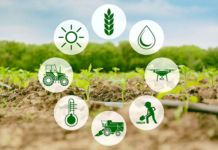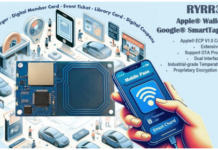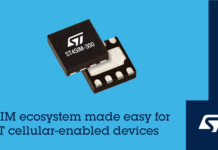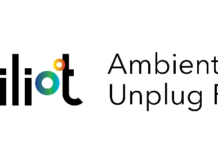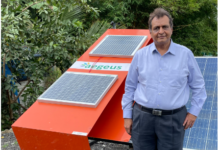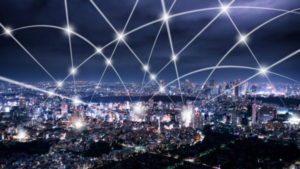
Data-related opportunities await Internet of Things (IoT) entrepreneurs in smart city water programs as top-down utilities allow smaller players to play.
Ecopreneurist recounted some of the more interesting ideas to emerge from a recent MIT conference on smart city water issues.
Smart water management is seen as a blooming opportunity for eco-startups, with the market expected to grow to $20 billion in 2021 from $8.5 billion in 2016.
Driving these opportunities is the emerging trend towards approaching city water utilities from a holistic perspective rather than from the traditional top-down approach.
This means that utility managers are now turning to smaller players to boost efficiency and increase value through better use of IoT innovation.
This opens the door for opportunities in the area of smart water metering, which can reduce carbon footprints, while enhancing management and operational efficiencies.
“Cities need to identify endpoint leakage; gain clarity between leakage, non-revenue water and chargeable consumption; establish consumption patterns; use predictive analytics to regulate supply; and, set up adjustable alarm notifications to predict/prevent end point anomalies,” summarized Ecopreneurist from the conference.
Conference speakers cited water leaks as the biggest problem facing city water managers, with leak detection as a critical opportunity area for IoT improvements.
“Software can sync with meters and controllers on a customer’s property to remotely control outdoor irrigation use and monitor flow through pipes into a building,” said the article. “The impact can have up to 50% water savings and ongoing, real-time leak detection.”
More opportunities in weather forecasting
Another opportunity area is weather anticipation and adjustment, powered by intelligent systems that can think on their own.
In order to cope with fast changing weather-driven challenges, such systems will need to redesign themselves minute by minute to maximize efficiencies.
And of course new software and hardware developments are enabling data opportunities that were previously unknown.
Measuring detailed, time-based information is being powered by technological breakthroughs that enable remote communications and interval data measurement.
For consumers, this can create capabilities to monitor water usage via smart sprinklers and faucets.
Source: http://readwrite.com/



